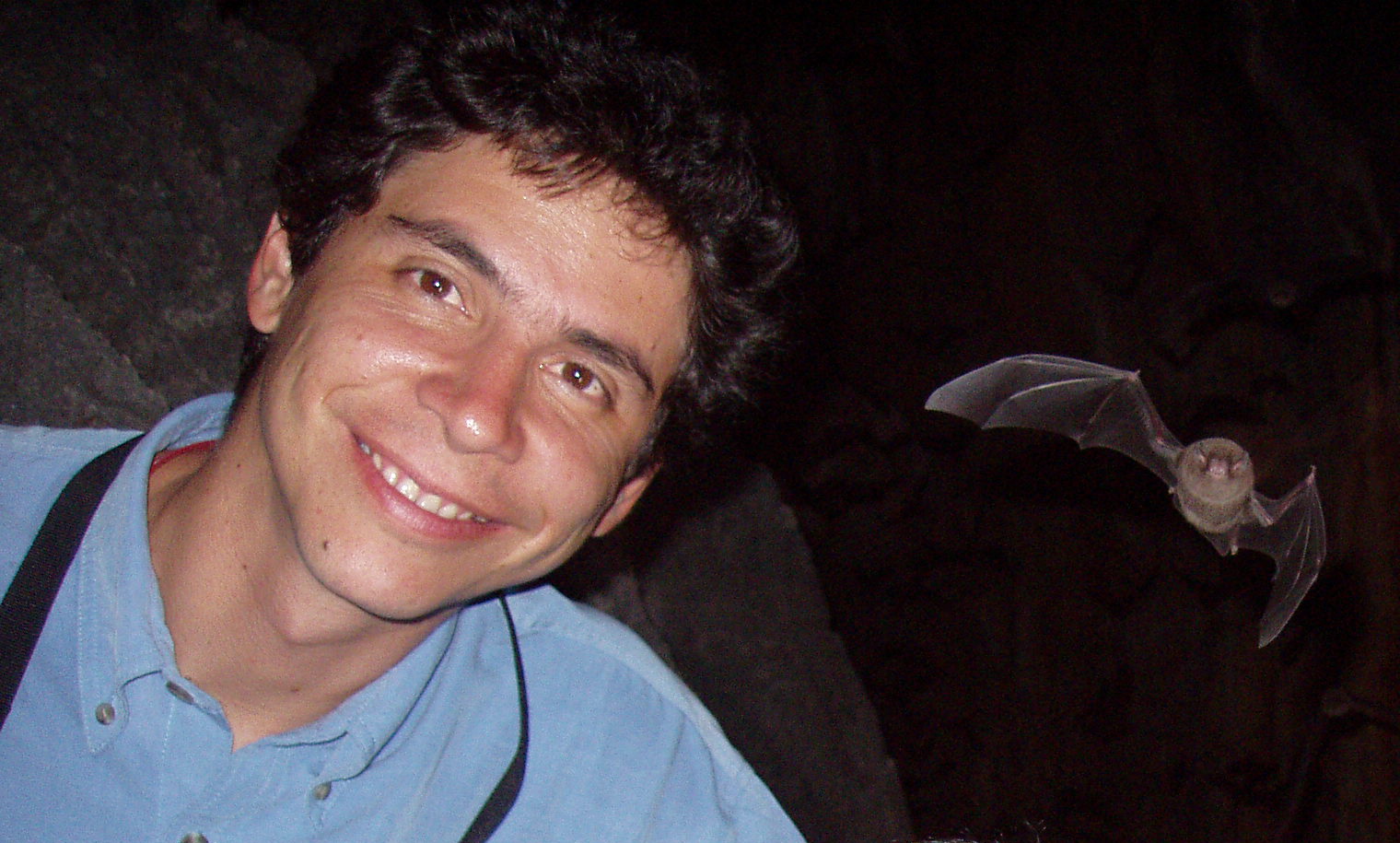And we’re baaack!
It’s 2010, where do we start? Pick up with the qualified fiasco that was Copenhagen? Where does that leave REDD and forests? What will happen with the dangling carrot  of financing for forest protection in the tropical belt? What are the prospects of a deal in 2010? Will 2010 see expanded energy efficiency programs that target the energy poor through improved stoves, kilns, and fuels?
of financing for forest protection in the tropical belt? What are the prospects of a deal in 2010? Will 2010 see expanded energy efficiency programs that target the energy poor through improved stoves, kilns, and fuels?
I’ll be blogging about all this and other issues in this quarter. But, first, a quick update of where we are three months into the launch of The Charcoal Project (TCP) and what we can expect to see over the next 18 months.
The Charcoal Project 3.0
The good news is that we will be rolling out our improved website design very shortly (same bookmark, same url). You can expect better functionality, improved navigation, and more social networking tools that will making it easier for visitors to get the information they need. Think of it as TCP 3.0.
We also have a slate of new stories that we’ll be rolling out throughout the month. We’ll talk about charcoal and woodfuel problems and solutions in Sub-Saharan Africa with on-the-ground experts. We’ll also discuss the potential of carbon credits from stove and kiln improvement projects with a eco securities company. So don’t think for a minute that because Copenhagen fell short of expectations that the carbon market is dead!
We’ll also be rolling out a “how-to-start a stove, briquettes, and/or kiln efficiency program” later in the quarter. We’ll need your help to compile best practices. Don’t wait for us to send a formal request for information. If you’re willing to share your experience, please contact us via email (see contact), twitter, or Facebook.
And last but not least, please, please send us you story ideas, comments, and criticism. This is an open forum and we’d like to give all interested parties a chance to get in on the conversation.
A Quick Reminder of Who We Are and What We Do
The Charcoal Project is a privately funded, non-partisan, apolitical independent organization whose mission is to:
1. Provide insightful news and commentaries through our blog page to all those who share an interest in relief for the world’s energy poor, especially those who depend on charcoal and fuelwood as their primary source of energy,
2. Provide useful resources to stakeholders working on energy efficiency, stove, and biofuel projects around the world.
3. Engage in strategic advocacy activity that will promote the widespread adoption of energy poverty policies that specifically address improved stoves, kilns, and alternative, sustainable biofuels.
Building The (right) Charcoal Project and Recruiting the Best Leadership
The other big news is that we hope to soon acquire incorporated not-for-profit status, (that’s a a 501(c)(3) if you live in the U.S.) This change in status will allow us to raise funds and increase our visibility, making easier for us to bring additional services to our stakeholders, such as financing and technical support for the implementation of energy efficient programs for the energy poor. The Charcoal Project will remain a privately funded venture until then.
This year will also see TCP become a more active and visible organization. Our goal is to ensure that energy-poverty alleviation through the use of improved stoves, kilns, and biofuels become a line item on the international development agenda. To achieve this goal TCP will ramp up its marketing, communications, and government relations program.
The Charcoal Project is committed to upholding the highest governance and accountability standard in support of our programs and activities. To this end, TCP will be naming an advisory board that will ensure the necessary oversight and provide guidance. The overarching goal is to make sure TCP follows clearly defined objectives and delivers quantifiable results in a transparent, accountable manner. To this end we are now recruiting the best and the brightest for our advisory board. We are looking for individuals who can help lead the organization to achieve its maximum potential. We welcome individuals with management experience in the fields of public health, environmental conservation, science, poverty alleviation, development in Africa, social entrepreneurship, and academia. So please send us any suggestions for candidates.
That’s it for this first missive of the year. And thank you for your continued interest in The Charcoal Project!
Warm regards,
Kim
Chargee d’Affaires
The Charcoal Project





